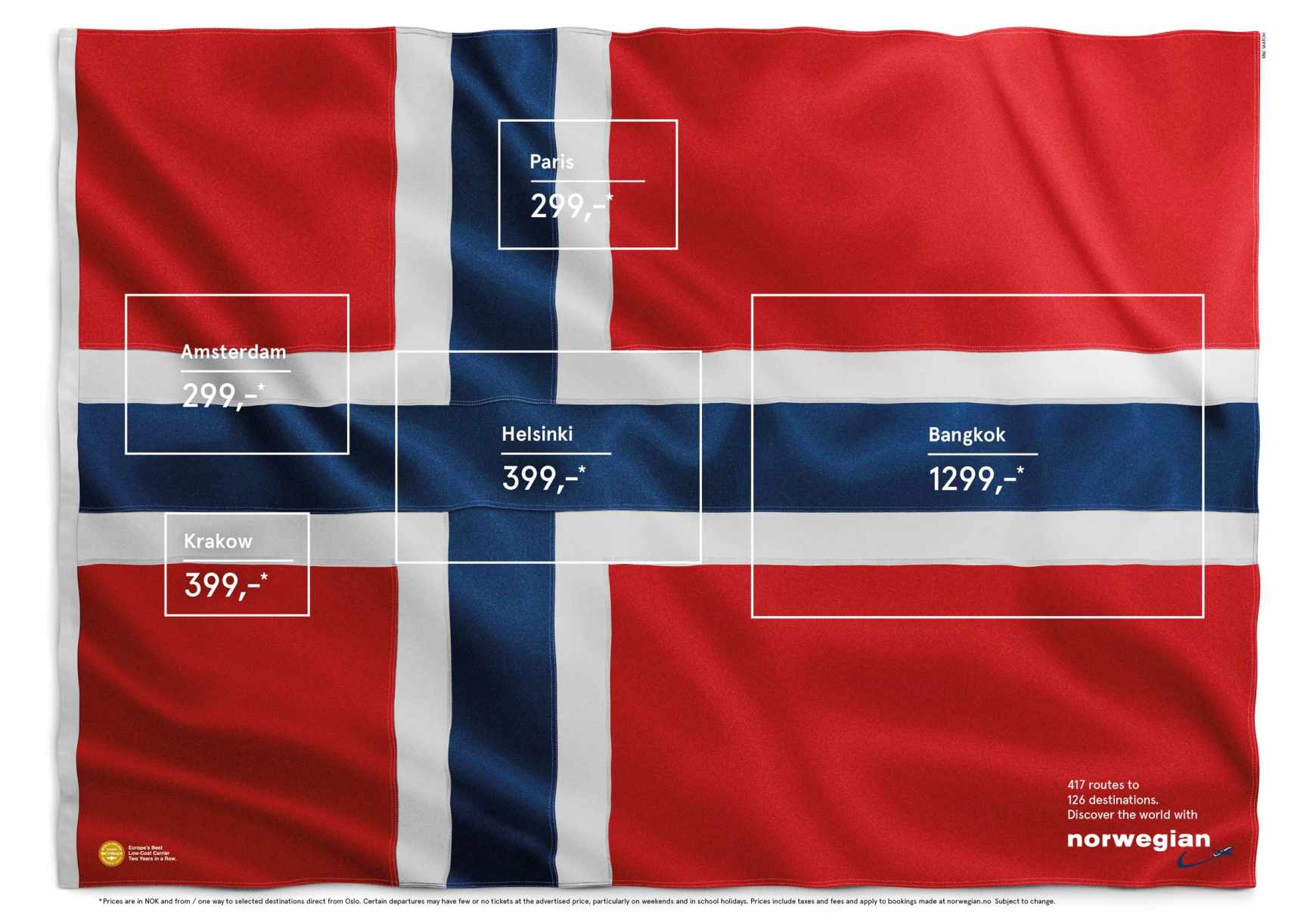And boy oh boy, do I want to read the full story on this one?
Yes. Yes, I do.
It’s the synopsis of what’s in today’s Manx Independent newspaper: and, as ever, there are a number of cutting edge issues affecting the Isle of Man:
Three established ferry companies are interested in providing services to the Isle of Man, the Manx Independent reports this week.
Given that the ferry is the Island’s lifeline, this is important.
There’s some light-hearted road news:
After the Christmas and New Year lull, there seem to be roadworks everywhere. We ask why.
And some vexing questions about why remedial work “down north” is falling short:
We also look at Laxey, which is undergoing some regeneration work and point out some areas that could do with improvement but which which won’t be touched.
None of that really matters though, because then there’s this gem:
The main story on page one is about a company director who went missing, has been found and has appeared in court. The mystery of his disappearance was the front page lead story two weeks ago.
He was found by police crouching in his bedroom. The paper tells the full story.
The paper had better, because there are a lot of gaps in that story. Who is he? Which company is he a director of? Why did he go missing? Why did he appear in court? Why hadn’t the police considered looking for him at his home previously? Look, I’m not a police officer experienced in searching for missing people – I recognise that – but I’d have to say that “at home” would probably have been the first place I’d have tried looking. It would certainly have been in the top three.
But then there’s quite a bit of random detail too: “He was found by police crouching in his bedroom.” As if the body position was important in some way. Not sitting or kneeling, certainly not lying, but then nor was he standing or even slightly stooped – this was definitely a crouch.
But then there’s me presuming that it was him and not the police who were doing the crouching: and when you read it again, it’s actually not absolutely clear if that is the case.
Perhaps that’s what’s got me intrigued.
This story alone is a whole lot more provocative than their usual round-up of the newspaper content.
If this marks a new, more interesting approach to the Manx Independent’s synopses for 2015, then I for one fully welcome it.


